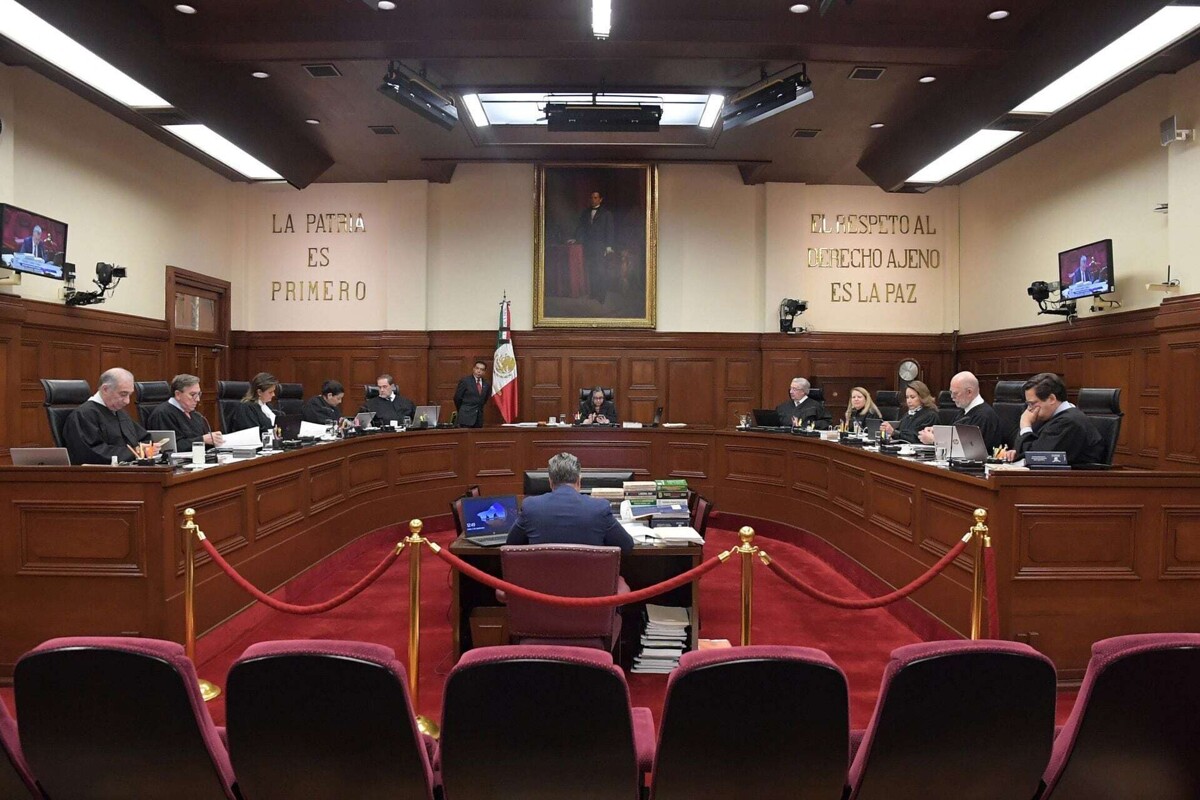
Alexander Hamilton argues that the Judicial branch has the authority to determine the constitutionality of amendments, even if they are already established in the constitutional text. In contrast, the UK does not have a written Constitution. Hamilton maintains that it is the responsibility of the Judiciary to ensure that a Law, including a constitutional amendment, aligns with the spirit and text of the Constitution due to its capacity for judgment, which the other branches may lack.
According to Hamilton, the Judiciary is the least harmful of the three powers, as its legitimacy comes from society. Unlike the Executive, which holds the monopoly on legitimate violence, and the Legislative, which has the authority to approve the budget, the Judiciary is based on legality. Hamilton raises the possibility of conflicts between the Legislative and Judicial powers in a Republic founded on constitutional principles, although not necessarily explicit ones.
In the Federalist Papers, Hamilton references Montesquieu to argue that it is the function of the Judiciary to pronounce on the constitutionality of Laws. This capacity for judgment derives from its independence from the political game and its selection through a meritocratic system. While the Legislative and Executive possess specific powers, the Judiciary focuses on maintaining the Rule of Law and ensuring that reforms do not contradict the Constitution.
According to Hamilton, the Judiciary protects the coherence of law application and ensures that reforms comply with the constitutional framework, while the Legislative and Executive concentrate on specific governmental functions. His analysis highlights the importance of turning to the wisdom of figures like him to address contemporary challenges.














